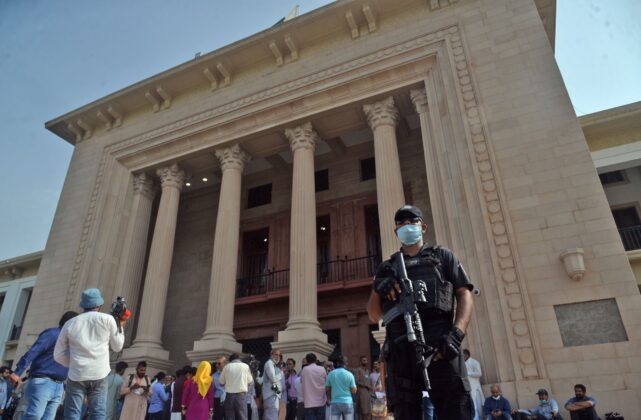The Punjab government presented budget for financial year (FY) 2022-23 with a total
outlay of Rs3,226 billion in the Punjab Assembly session held here at Aiwan-e-Iqbal on Wednesday.
In its first annual budget, the present government allocated a hefty amount of Rs685 billion under Annual Development Programme (ADP) with special focus on pro-poor initiatives and controlling the inflation, and no new tax has been imposed in the budget.
The Annual Development Programme (ADP) in the Punjab’s annual budget for fiscal year 2022-23 has been set at Rs685 billion. In terms of development sectors, the highest allocation of Rs272.6 billion is for the Social Sector which includes Rs172.5 5 billion for the health sector and Rs64 56 billion for the education sector. Rs164 billion has been allocated to Infrastructure Development, including Rs80.8 billion for roads sector.
Major development programs/initiatives for financial year 2022-23 include Rs58.5 billion for Sustainable Development Programme (SDP) and Rs31.5 billion for South Punjab SDP, Rs125 billion for Universal Health Insurance Programme, Rs1 billion for establishment of Nursing University at PKLI (Pakistan Kidney and Liver Transplant Institute), a total of Rs53.19 billion with Rs14.77 billion for development and transformation of Agriculture sector in Punjab, Rs4.8 billion for Afternoon School Programme, Rs1.7 billion for establishment of universities in five major cities, Rs5.5 billion for the construction of additional classrooms in educational institutions, Rs10.9 billion for Road Maintenance Rehabilitation Programme.
According to the budget document, the other initiatives include provision of laptops to students at cost of Rs 1.5 billion, revamping of THQ (Tehsil Headquarter) and DHQ (District headquarter) hospitals at cost of Rs 3.1 billion, Punjab Skill Development Programme Rs4.2 billion and Punjab Urban Land Systems Enhancement Rs500 million.
The salient features of Annual Development Programme for 2022-23 also include economic development through public investment, inclusive and balanced regional development, transformation of agriculture sector, ensuring water and food security, human development through skills development, creating an environment conducive to mobilizing private sector resources, support for public-private partnerships, strengthening governance through information technology and bridging the gender divide. The government would also launch a special aid package to control the inflation and price of edible items alongside increasing the purchasing power of the common man. Various schemes have also been chalked out to ensure efficient use of the energy in an effort to overcome electricity load-shedding and curtail the electricity bills. In the next FY budget, the government would not impose any new tax, rather the tax relaxations and exemptions given during the last two years would continue to minimize hardships of the businesses, trade and the commoners.
A hefty portion of the budget will be spent on achieving development goals with first priority to the social sector and revival of the economy. Under sustainable development goals, the solution of public problems at the district level would be ensured.




